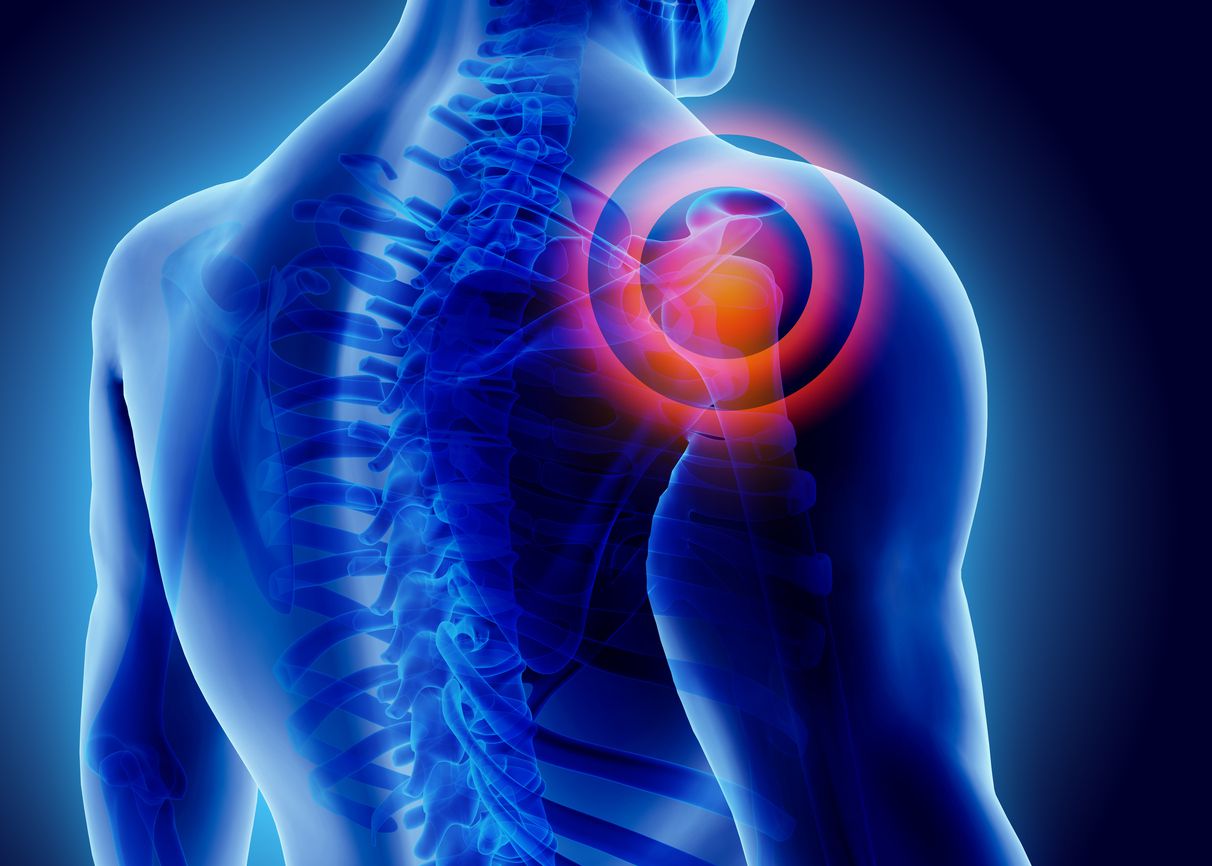
Chronic pain is pain that lasts for a protracted period of time, usually longer than the predicted recovery time. Chronic discomfort might last for 3-6 months or more. Frequent headaches and lower back pain are examples of symptoms that interfere with daily activities such as working, socializing, and caring for yourself or others.
Causes of chronic pain:
Chronic pain is commonly caused by previous injuries or surgeries, as well as diseases such as back injuries or strains, arthritis, and infections. It can, however, start for no apparent cause and be precipitated by stress, anxiety, or despair. This is referred to by healthcare providers as psychogenic pain or psychosomatic pain. Because chronic pain interferes with daily life, it can create emotional distress, thus it is critical to get medical assistance as soon as possible. Chronic pain symptoms include dull aches, shooting or searing sensations, stiffness, exhaustion, sleep difficulties, mood changes, and decreased mobility.
Difference between chronic pain and acute pain:
Acute pain is transient and usually lasts for a short period of time, and it is frequently caused by an injury or disease. It acts as a warning sign and goes away once the underlying reason is healed. Chronic pain lasts for months or even years after the normal recovery time. It can be caused by illnesses such as arthritis or nerve injury, or it may be unrelated to recent events in some situations. Chronic pain is caused by a combination of tissue damage, inflammation, and nerve dysfunction.
Types of chronic pain:
Chronic pain can originate from any body part or a combination of areas together. Some common types of chronic pain may come from:
Back and Spine: Chronic back pain, particularly in the lower back, can be caused by herniated discs, spinal stenosis, degenerative disc disease, or prolonged muscular strain.
Joints: Knees, hips, shoulders, or ankles may be affected by osteoarthritis, rheumatoid arthritis, or repetitive stress injuries.
Head and Neck: Headaches and migraines, as well as neck pain, can be caused by causes such as tension, poor posture, cervical disc issues, or temporomandibular joint dysfunction (TMJ).
Abdomen: Chronic abdominal pain can be caused by conditions like irritable bowel syndrome (IBS), inflammatory bowel disease (IBD), or gastrointestinal disorders.
Nociceptive Pain: Chronic pain can also arise from persistent tissue damage or inflammation caused by injuries, surgeries, or medical conditions affecting organs, bones, or other body structures.
Chronic pain usually doesn’t go away, but you can manage it with a combination of strategies that work for you. Current chronic pain treatments can reduce a person’s pain score by about 30%.
Researchers continue to study pain disorders. Advances in neuroscience and a better understanding of the human body should lead to more effective treatments.
If you have chronic pain and depression and/or anxiety, it’s important to seek treatment for your mental health. Untreated depression and anxiety can make your pain worse and further lower your quality of life.










